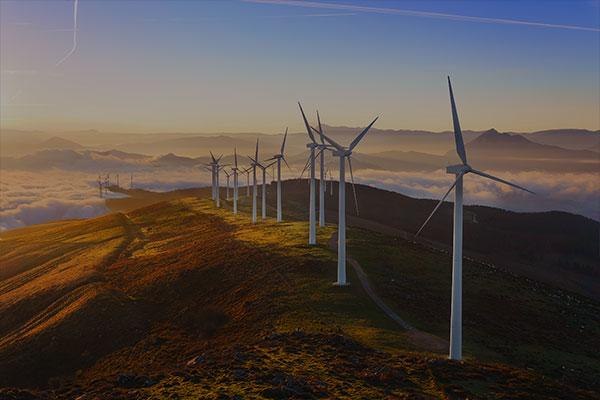
CLEAN ENERGY PROBLEMS

FT - A transition from fossil fuels to mitigate the impacts of climate change will require large amounts of metals and rare earth elements that could create environmental challenges, the World Bank has warned.
Technologies needed to meet the Paris climate agreement from wind, solar, and electricity systems are "more material-intensive" than our current fossil-fuel supply systems, a report by the bank said.
The mining or extraction of metals and rare earth elements could create environmental problems in terms of energy, water and land use, the report said.
"If not properly managed minerals [to combat] climate change could constitute a bottleneck vis-a-vis our policies on global warming," Riccardo Puliti, global head of the energy and extractives practice group at the World Bank, told the Financial Times.
Metals demand could double due to growth in wind turbines and solar panels and there could be a more than 1,000 per cent increase in lithium demand for batteries, the bank said.
Governments need to realise that mineral development is a "complement and not a competitor to a greener, more sustainable future", said Mr Puliti.
The report comes as big miners from Glencore to Rio Tinto start to highlight their involvement in clean energy and electric car supply chains.
But little attention has been paid to the environmental challenges of meeting a rapid deployment of batteries for electric vehicles and storage of intermittent renewable energy to meet the Paris accord to limit global temperature rises to 2C this century.
Some of the largest diversified miners do not publish emissions targets that show how they will meet the Paris goals, research by the London School of Economics and Political Science has found.
"Simply put, a green technology future is materially intensive and, if not properly managed, could bely the efforts and policies of [resource] supplying countries to meet their objectives of meeting climate and related Sustainable Development Goals," the bank said.
"It also carries potentially significant impacts for local ecosystems, water systems, and communities."
There needs to be a dialogue within resource-rich developing countries between miners and the climate and clean energy communities, Mr Puliti said.
"For too long the dynamic between these groups has been predominated by polarisation and characterisations that have turned out to be self-defeating, particularly when it comes to developing coherent climate and sustainable development policies," he said.
Still, determining which exact metals will increase in demand depends on the choices of wind, solar and battery technologies, the bank said. There are a variety of different battery technologies competing for grid storage projects, from lithium-ion to so-called flow that used different materials.
Prices for cobalt, a metal mined along with copper and nickel, have jumped over the past year due to demand from batteries in electric vehicles. But even within lithium-ion batteries there are varieties of technology, some of which do not use cobalt.
The study looked at wind, solar and batteries for energy storage, using the International Energy Agency's forecasts for rollout of renewable energy to meet the Paris pledges.
-----
Earlier:
RENEWABLE ENERGY EFFICIENCY: 90%
CHINA'S RENEWABLE INVESTMENT: $368 BLN





